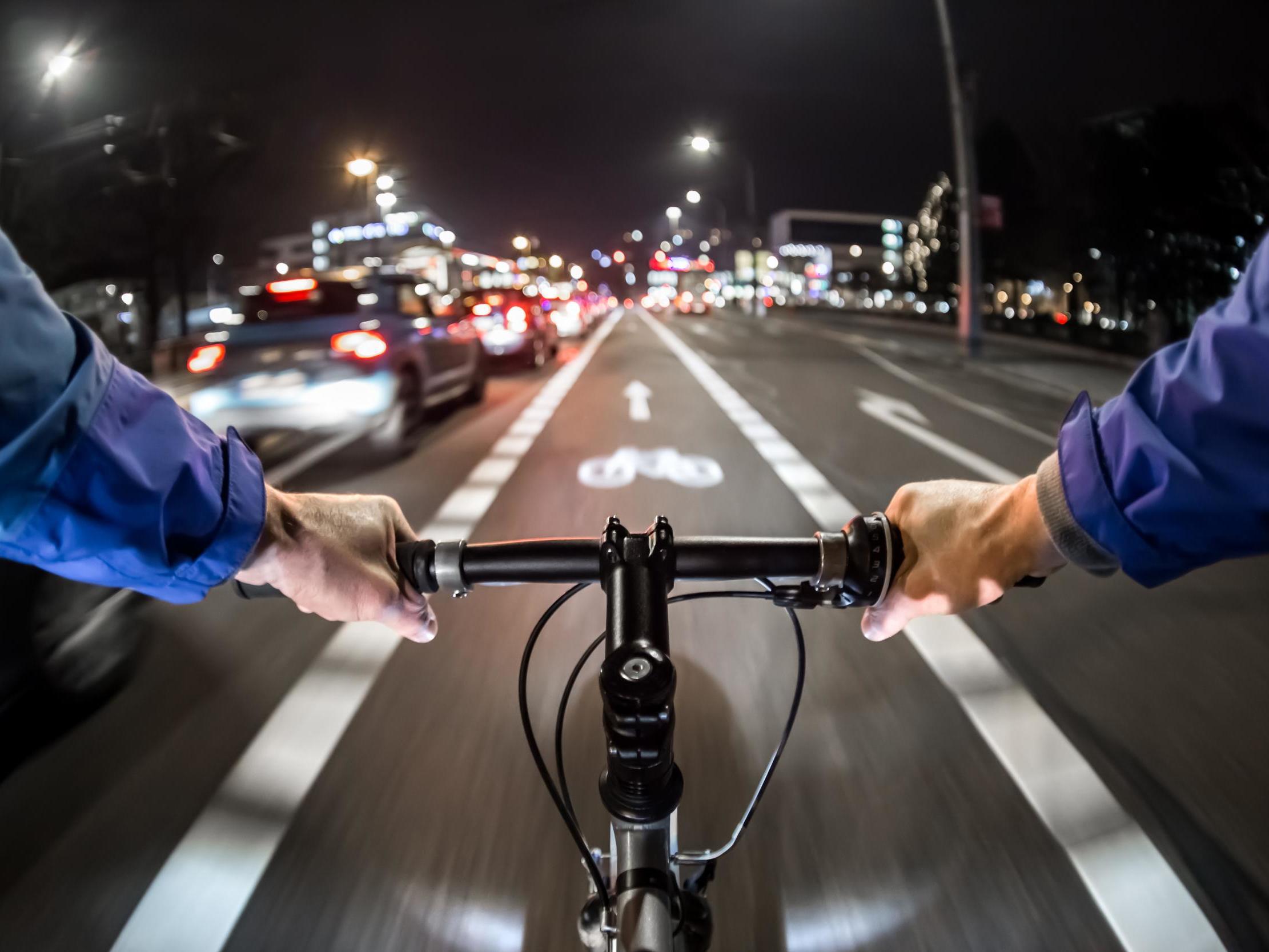The Independent's journalism is supported by our readers. When you purchase through links on our site, we may earn commission.
We have to reclaim more of our residential streets from cars – the government needs to act
Reducing the amount of traffic will be great for the environment and make it safer for children to play


One of the invisible casualties of our reliance on the motor industry is the involuntary imprisonment it has imposed on our kids.
When I was growing up, when out of school, we spent our days playing with the neighbours’ kids on our street. But bit by bit, the motor industry invaded that space and kids retreated behind their front doors.
Those streets filled with the screams and peals of laughter as we played the made-up games we inherited from the older kids, have been silenced, replaced with the aggressive roar of traffic. Those games, which needed no consumerist plastic tat, have been long forgotten and many parents have stopped their kids even cycling to school.
I have long sought, alongside others, to end this motorised war on our communities. In my local community in Peckham, south London, we celebrated the final road in our residential neighbourhood being closed to traffic last month. No longer can drivers roar through but can only enter and exit from the main roads.
They are now slow-moving guests rather than invaders. One of those streets included a dangerous rat run through our local park and the primary school is located on another. The closures mean that kids can play again in that part of the park without the fear of being hit and when they race out excitedly at the end of school, they will not run into traffic.
Already local parents are taking over one of the roads for a regular community play-day and even though I do not have kids, I went along to the first one to experience the return of laughter and kids to the street. As the process to get this far had started nearly 30 years ago, I confess to being really moved.
But with the climate, pollution and obesity crises now engulfing Britain, we cannot wait another 30 years for kids across the UK to be free to play in their neighbourhood streets again.
We now have two potentially powerful allies at the top of our government. One of the best legacies left by Boris Johnson as London mayor, were its first two European-standard protected cycleways. But with his cycling commissioner Andrew Gilligan, he also pioneered the concept of the “Mini Holland”.
They gave £30m each to three London boroughs to create community neighbourhoods (Mini Hollands) where people and kids could walk or cycle safely to school or the shops. Whilst these included protected cycle lanes, the main approach was to eliminate through-traffic, by installing bollards and mini-parklets with trees, across the entrance roads to residential neighbourhoods.
The first completed Mini Holland was in Waltham Forest. It was so successful that it has become a beacon of hope and inspiration for parents and cycle safety campaigners across the country, with councillors and planners flocking to see it in practice.
A study by Kings College London estimated that the local residents were on average likely to live, at least seven months longer, thanks to increased levels of walking and cycling.
Traffic in the area fell by a miraculous 50 per cent in some areas The car lobby and local businesses had predicted that armageddon would result if the Mini Holland was approved. But it was carmageddon which was eliminated in my view.
I hoped the Johnson premiership would prioritise investment in such safer neighbourhoods. Johnson had said one of his regrets as London mayor was that he had not installed more protected cycleways. It was therefore exciting to hear Johnson had appointed Andrew Gilligan, the Mini Holland instigator, as his transport adviser at No 10.
When the government announced a five-year funding scheme for local buses, cycleways and Mini Hollands across England, my hopes rose for their rolling-out. But the funding was yet again the same old derisory breadcrumbs for cycling, whilst billions continue to be poured into yet more new roads.
When asked in parliament how much was to be invested in cycling and Mini Holland, the prime minister admitted it was £70m per year, a small sum. When I asked the Department for Transport how much was to be invested in Mini Hollands, it said it did not know. As Johnson claimed the funding would also build a miniscule extra 50 miles per year of protected cycleways across all of England, there is unlikely to be enough to build even one decent Mini Holland across the entire country per year.
Britain has nearly 400,000km of roads and this week’s Budget, outlined plans for yet another 6,500km over the next five years (we add on average another nearly 500km of new roads per year). Thus, the percentage of roads with protected cycle lanes would potentially go down! Classic Johnsonian bluster and propaganda.
The real question now is whether Gilligan can persuade the chancellor, Rishi Sunak, to overrule the decades-long fight the Department for Transport has waged on our streets. It is time we started investing the £6bn per annum the UN says is needed for cycling and walking in our communities.
Gilligan, Sunak and Johnson have the power to enable our residential streets to echo again with the laughter of kids playing and we adults could begin rebuilding our car-shattered communities again. Let’s us do everything in our power to ensure they do.
Donnachadh McCarthy is an environmental author and campaigner and is the author of ‘The Prostitute State – How Britain’s Democracy Has Been Hijacked’
Join our commenting forum
Join thought-provoking conversations, follow other Independent readers and see their replies
Comments
Bookmark popover
Removed from bookmarks